Safest Places in South Korea for Solo Female Travelers
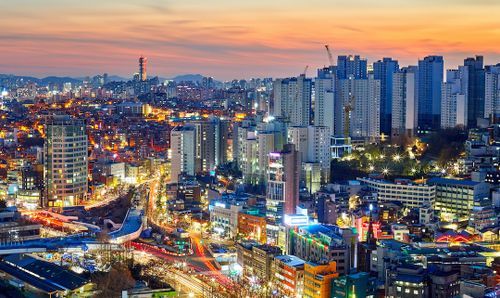
1, Seoul
Seoul, the bustling capital of South Korea, is situated on the banks of the Han River, nestled amid scenic hills in the northwestern part of the country. Embroidered with a harmonious blend of traditional and modern, Seoul is renowned for its vibrant culture, advanced technology, thriving K-pop scene, mesmerizing palaces and Zen Buddhist temples. It is a fast-paced cosmopolitan city that never sleeps, evident in the lively nightlife of places like Hongdae and Itaewon. World-famous attractions like Gyeongbokgung Palace, N Seoul Tower, Bukchon Hanok Village, and the bustling shopping district of Myeong-dong capture the hearts of millions of international tourists each year. The city's dynamic gastronomy scene also invites visitors to taste the wonders of Korean cuisine, including the famous kimchi, bulgogi, and bibimbap.
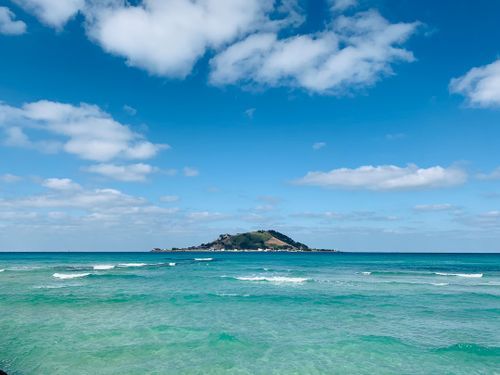
2, Jeju
Jeju Island, commonly known as Jeju, is a beautiful island located in the Korea Strait, just off the southern coast of South Korea. Known as the "Island of the Gods," it boasts a natural landscape of volcanic rock, stunning waterfalls, and dense lush forests. Renowned for its unique volcanic topography and charming coastal aesthetics, Jeju is home to UNESCO World Heritage Sites such as the Manjanggul Cave, which has one of the longest lava tubes in the world, and the Seongsan Ilchulbong, an extraordinary tuff cone formed by hydrovolcanic eruptions. Its clean and temperate climate, combined with the distinct traditional culture reflected in its local dialect, cuisines, and folk practices, makes Jeju a beloved holiday destination in Asia.
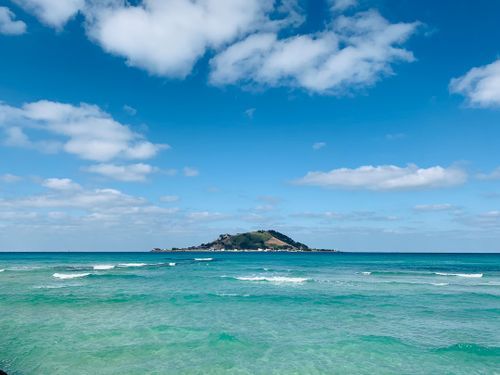
3, Jeju Island
Jeju Island, a picturesque gem located off the southern coast of South Korea, is renowned for its stunning natural beauty. This volcanic island is home to the magnificent Hallasan Mountain, a dormant volcano and South Korea's highest peak. It boasts a range of unique geological attractions like lava tubes and volcanic craters, earning it the nickname "Island of the Gods". Jeju Island is also famous for its pristine white beaches, tranquil waterfalls, vibrant coral reefs, and lush green tea gardens. Enriched by diverse culture, the island is known for its traditional women divers, called "Haenyeo", and the 'Tamna' culture, offering a unique experience to its visitors. This UNESCO World Heritage site, with its idyllic landscapes and rich heritage, makes it a must-visit destination for travelers seeking a serene getaway.
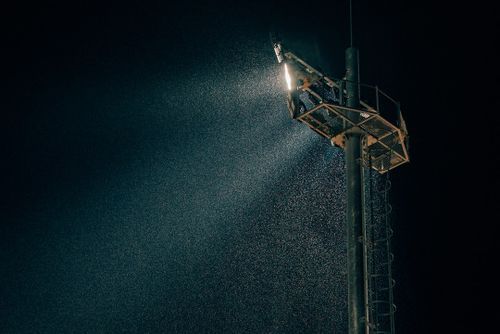
4, Sokcho
Sokcho, a charming and vibrant city located in the far northeastern corner of Gangwon-do in South Korea, is renowned for its natural beauty and as a gateway to the spectacular Seoraksan National Park. It's bordered by mountains and crystal-clear oceans with white sandy beaches, offering visitors a variety of activities including hiking among breathtaking rock formations at Seoraksan, exploring exotic seafood at its bustling traditional market, or relaxing at the natural hot springs. Sokcho is famously known as the host city of the 1999 Gangwon Tourism Expo and for its delicious local cuisine, featuring delicacies like grilled squid and spicy stuffed chicken soup. Whether you're a nature-lover, food enthusiast, or culture fanatic, Sokcho's unique blend of South Korean traditions and captivating landscapes promises an unforgettable journey.
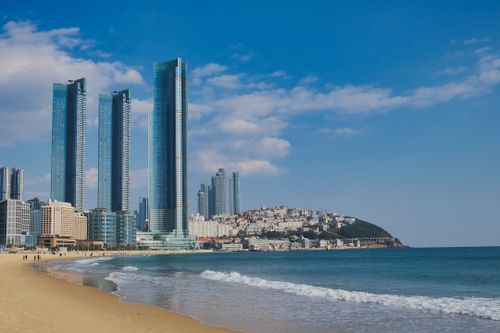
5, Busan
Located on the southeast coastline of South Korea, Busan is the country's second largest city known for its stunning beaches, magnificent mountains, and a vibrant culture. It is a flourishing metropolitan area with a unique blend of towering skyscrapers and historical temples. The city is famous for its seafood-centric cuisine, with the bustling Jagalchi Fish Market offering a plethora of fresh seafood. Busan's Haeundae Beach is renowned for its sunrises and bustling film festivals, while the Beomeosa Temple nestled within the mountains offers serene spiritual retreats. Visitors can also explore the glamourous film sets of Busan Cinema Studio or immerse themselves in the radiant local life at the Gukje Market. Whether it's contemporary city life or rich cultural experiences, Busan delivers a versatile spectrum of Korean attractions.
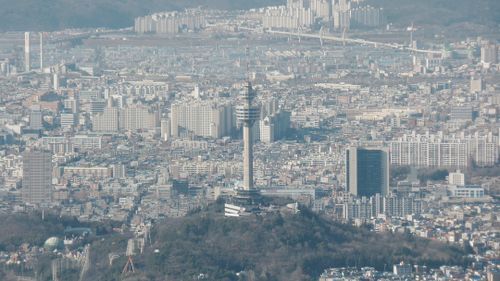
6, Daegu
Situated in the southeastern region of South Korea, Daegu is the fourth largest city in the country, a vibrant hub admired for its dynamic blend of old and new. Recognized for its thriving textile industry, Daegu is often referred to as the "Fashion City" of Korea. This unique identity of Daegu is portrayed in every aspect of the city, including its modern shopping centres that are contrasted by traditional markets like Seomun Market. Moreover, the city also boasts of its flourishing cultural scene, exemplified by the Daegu Opera House and numerous festivals such as the Daegu International Bodypainting Festival. Daegu’s rich history is ever-present in its Buddhist heritage sites, such as the Donghwasa Temple, exhibiting an exquisite balance of historical depth and futuristic innovation.
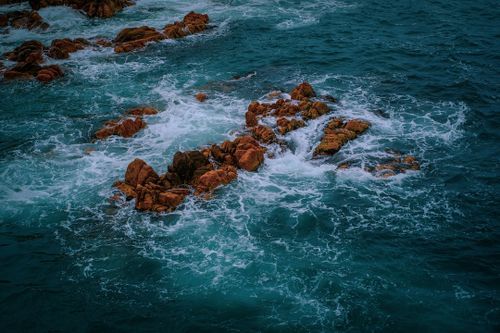
7, Ulsan
Ulsan, located in the southeast of South Korea along the Sea of Japan, is a captivating blend of industrial advancement and natural beauty. Known as the heart of the country's automobile and shipbuilding industries, Ulsan houses the world's largest automobile assembly plant run by Hyundai Motors, as well as the world's largest shipyard operated by Hyundai Heavy Industries. However, it's not just about industry in Ulsan – the city is also famed for its scenic coastal areas with beautiful beaches and dramatic cliffs, such as Ilsan Beach and Daewangam Park. Visitors are also drawn to Ulsan's resplendent Grand Parks and whale-watching attraction at Jangsaengpo Whale Museum, lending the city an exciting mix of urban buzz and natural allure.
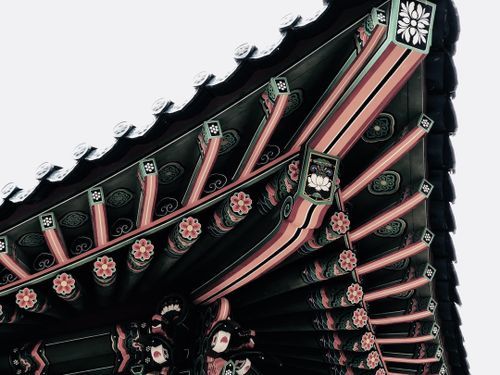
8, Yangyang
Located on the northeastern coast of South Korea, Yangyang is a tranquilly charming travel destination known for its glorious combination of mountain and sea. Home to the spectacular Seoraksan National Park, it offers breathtaking mountain trails, with an array of wildlife and flora accented by cascading waterfalls and ancient temples. The stunning Naksansa Temple, perched on a cliff overlooking the East Sea, is another must-visit site with its beautiful architecture and serene vibe. Yangyang is also renowned for its pristine beaches, such as Hajodae and Jukdo, providing splendid views and excellent surfing opportunities. Additionally, the vibrant Yangyang International Surfing Festival and the annual Mushroom Festival reflect the town's rich cultural and culinary appeal.

9, Yanggu
Yanggu is located in the northernmost region of South Korea, nestled in Gangwon Province, an area known for its breathtaking natural beauty and significance in Korean history. A serene retreat for the nature lovers, Yanggu is home to the famous Hantangang River and boasts attractions such as Eulji Observatory, offering panoramic views of the DMZ (Demilitarized Zone) and North Korea. The region's exciting festivals like Wild Ginseng Mountain Medicinal Herb Festival and Night Wildflower Festival, along with the Paranomic Observatory and War Memorial Museum, make it an intriguing destination for travelers seeking a blend of natural splendor, cultural immersion, and historical exploration. Throughout Yanggu, visitors can experience Korea's rich traditions woven artfully into the fabric of modern life.
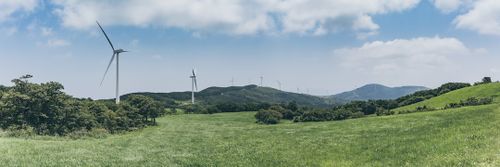
10, Pyeongchang
Pyeongchang, a picturesque county nestled in the Taebaek Mountains of South Korea, is particularly lauded for its captivating natural beauty and wonderful sporting infrastructure. Known worldwide for hosting the 2018 Winter Olympics, this globally acclaimed destination harmonizes modernity with tradition as it boasts magnificent Ski resorts like Alpensia and Yongpyong, thrilling snow activities, and a remarkable Olympic museum. Alongside its wintry pursuits, Pyeongchang is also home to the stunning Woljeongsa Temple, which adds a rich cultural layer to its charm. Offering a diverse blend of action, heritage, and tranquility, Pyeongchang invites travelers to explore its snowy slopes, savor its scenic vistas, and immerse themselves in its vibrant heritage.
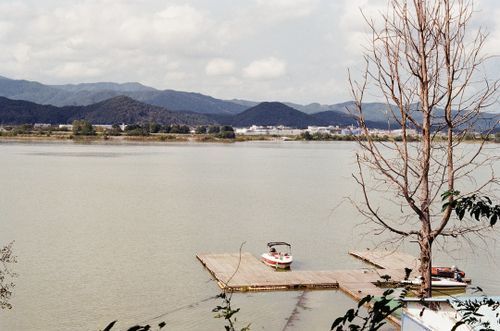
11, Chuncheon
Chuncheon, South Korea, located northeast of Seoul, is a stunning blend of natural beauty and vibrant culture. The city is nestled in the mountains and surrounded by expansive lakes and rivers, earning it the nickname "City of Lakes". Chuncheon is renowned worldwide for its annual Mime Festival, the largest of its kind in Asia, which attracts performers and tourists from around the globe. Food lovers flock to its bustling Myeongdong Dakgalbi Street, famed for signature spicy chicken dish, Dakgalbi. The iconic Nami Island, a mecca for Korean pop culture fans famous for its tree-lined avenues that have been featured in numerous Korean television dramas, is also a short ferry trip away. This tranquil city showcases a piece of South Korea that contrasts with its fast-paced urban counterparts.
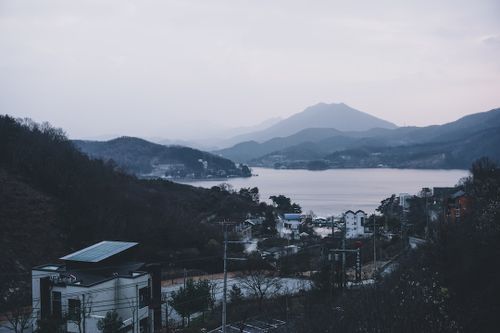
12, Gapyeong-gun
Gapyeong-gun, located in the northeastern part of Gyeonggi province, South Korea, is a captivating slice of natural harmony combined with historical richness that truly mesmerizes any visitor. Known for its stunning geographical features such as beautiful lakes, verdant mountains, and relaxing valleys, it offers an ultimate retreat for nature enthusiasts. It houses the famous Nami Island, a half moon shaped dispatch of land renowned for its breathtaking tree-lined avenues, which became an iconic filming location for the immensely popular Korean drama "Winter Sonata." Furthermore, Gapyeong-gun is home to the Petite France, a charming French-style theme park, and the Garden of Morning Calm, which is a botanical garden showcasing Korea's natural beauty. This place leaves visitors enraptured with its splendid scenery and the cultural immersion it offers.
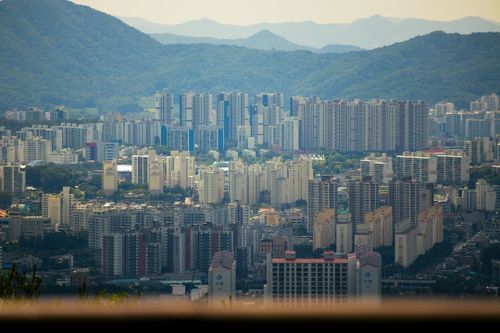
13, Wonju
Located in the heart of the Gangwon Province, South Korea, Wonju is a vibrant city, bearing a blend of rich history and stunning natural beauty. This dynamic city is known for being the center of the Korean Dynasties, evidenced by numerous historic sites including the Guryongsa Temple and Museum SAN, a treasure trove of cultural artifacts. Visitors here are also captivated by the panoramic mountain sceneries that encircle Wonju, particularly the enchanting Chiaksan National Park, famed for its diverse flora and fauna, and thrilling hiking trails. The city is also celebrated for its Wonju Hanji festival, spotlighting the city's traditional Korean paper industry.
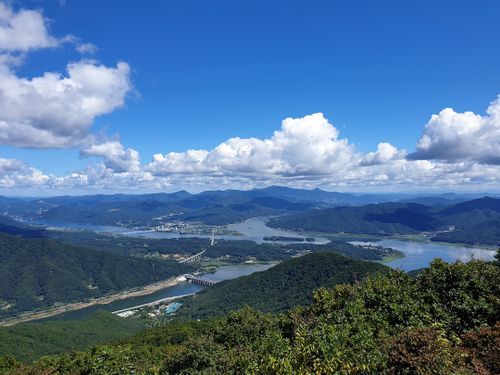
14, Namyangju
Namyangju is a serene city located in the Gyeonggi Province in South Korea, nestled along the bucolic banks of the Han River, just east of Seoul. The city offers a delightful blend of urban sophistication and rustic charm, featuring various stunning landscapes like the semi-mountainous terrains of Cheonmasan, Suraksan, and Ungilsan. Legendary for being the birthplace of traditional Korean Poet, Heungbu, the city is known as the 'City of Culture'. From the local organic food movement to the nuances of Korean cinema at the Namyangju Film Studios and the serene backdrops of the Dumulmeori and the Dasan Heritage Site, Namyangju urban exuberance is blended seamlessly with its rich cultural heritage and natural beauty, making it a must-visit destination for every travel enthusiast.
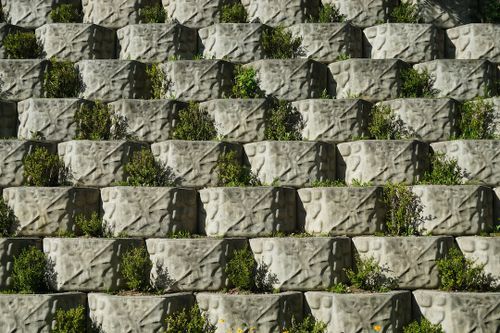
15, Yongin
Located in the Gyeonggi province of South Korea, Yongin is a bustling city renowned for its alluring charm and array of attractions. Yongin is a traveler’s delight, where the traditional meets the technological marvel - the city is home to Korean Folk Village which offers a glimpse into the rich cultural heritage of the country, and Everland and Caribbean Bay, South Korea's largest theme and water parks. Yongin also boasts of the internationally recognized Yongin University and the technologically advanced Samsung Digital City. Whether it's food, shopping, or seeking thrill in amusement parks, Yongin offers diverse experiences that cater to the interests of every type of traveler.








